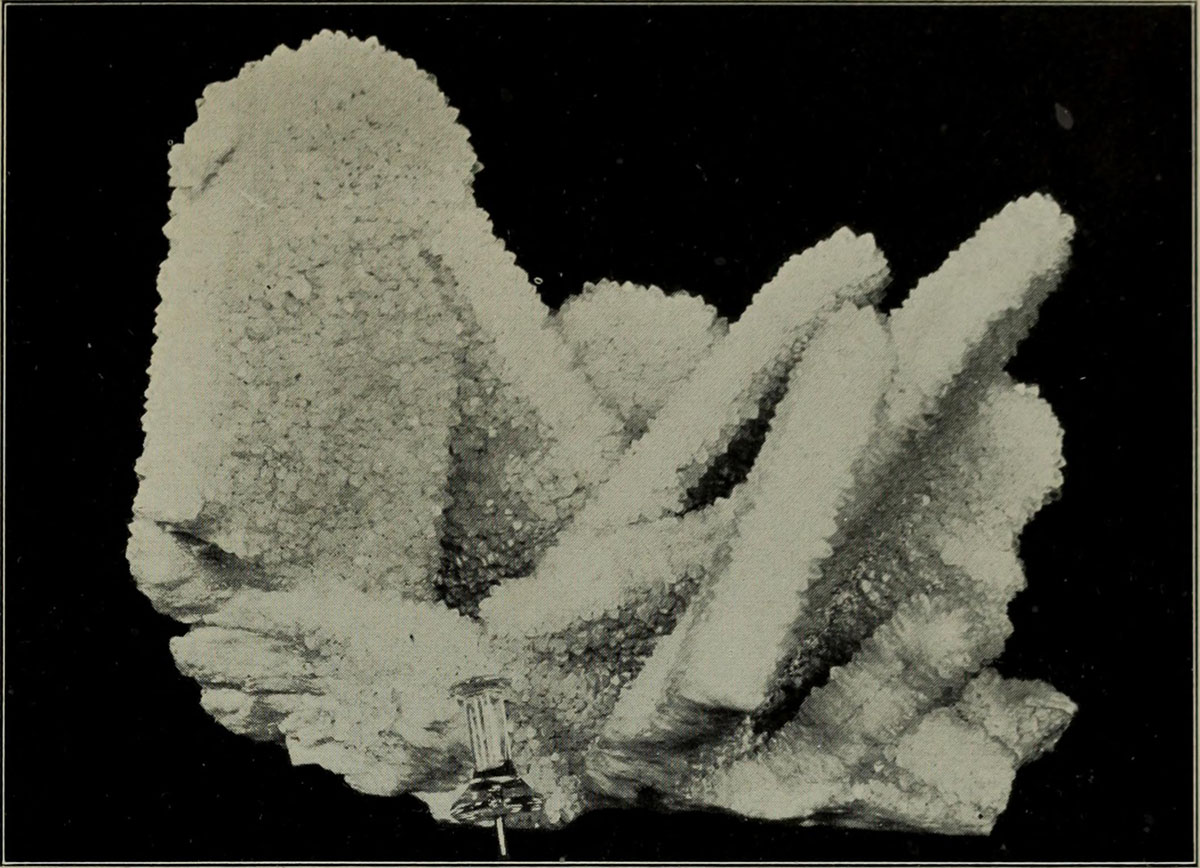
Vitamins and minerals are vital for growth and development of the body. Deficiency in these essential nutrients can cause many ailments but excess is also bad for the health. Vitamins and minerals can be obtained from foods or dietary supplements.
Minerals in the Body
Minerals are inorganic substances that can be found in the earth’s crust. Since the body cannot produce minerals they have to be regularly supplied through diet. About 4 % of body’s mass is made up of minerals. There are 16 minerals in the body and each has a vital role in different metabolic processes. Minerals are categorized into major minerals and trace minerals, depending on the quantity body needs per day.
Major Minerals
Major minerals also known as macro minerals are those needed in quantities greater than 100mg per day for optimal functioning of the body system. There are seven major minerals: calcium, phosphorus, magnesium, sodium, potassium, chlorine and sulfur.
Calcium is required in amount greater than 1000 mg per day. This mineral is vital for building strong bones and teeth. Also, it regulates blood clotting and is needed for muscle and nerve functions. Deficiency of calcium causes tooth loss, muscle cramps and weakening of bones which results in osteoporosis. Calcium can be found in dark green leafy vegetables and dairy products.
Phosphorus is also important for the formation and maintenance of healthy bones and teeth. This mineral can be found in protein foods such as meat and dairy products.
Magnesium enables the body to convert food into energy. It is also important for efficient performance of calcium and vitamin C, regulation of blood pressure and neuromuscular activity of the heart. Magnesium rich foods are legumes, whole grains, nuts and green vegetables.
Sodium maintains fluid balance in the body and aids in digestion. Sodium can be obtained from salt, seafood, dairies and processed foods. Deficiency in sodium is rarely seen. Excess sodium can lead to high blood pressure.
Potassium plays a role in fluid and electrolyte balance in the cells. It also keeps muscle nervous system working properly. Sources of potassium are bananas, avocados, celery, broccoli, legumes, dried fruits and turnips.
Chlorine is essential constituent of digestive juices and is important for body’s fluid balance. This mineral is found in common salt, tomatoes, celery, olives and seaweed.
Sulfur is important for amino acid building. Rich sources of sulfur are eggs, lean beef, fish, dairy products, onions, garlic, cabbage, wheat germ and clams.
Trace Minerals
Trace minerals are those minerals needed by the body in quantities less than 100 mg per day. Trace minerals include: iron, iodine, zinc, fluoride, selenium, copper, chromium, manganese and molybdenum.
Iron is important for formation of hemoglobin, which is the component of red blood cells, and for transporting oxygen from the lungs to other parts of the body. Iron is found in meat, fish, poultry, legumes and spinach.
Zinc is important for strong immune system, growth, wound healing and smell and taste sensation. It can be obtained from eggs, liver, meat, seafood and other foods high in protein.

















Your thoughts on this
Loading...